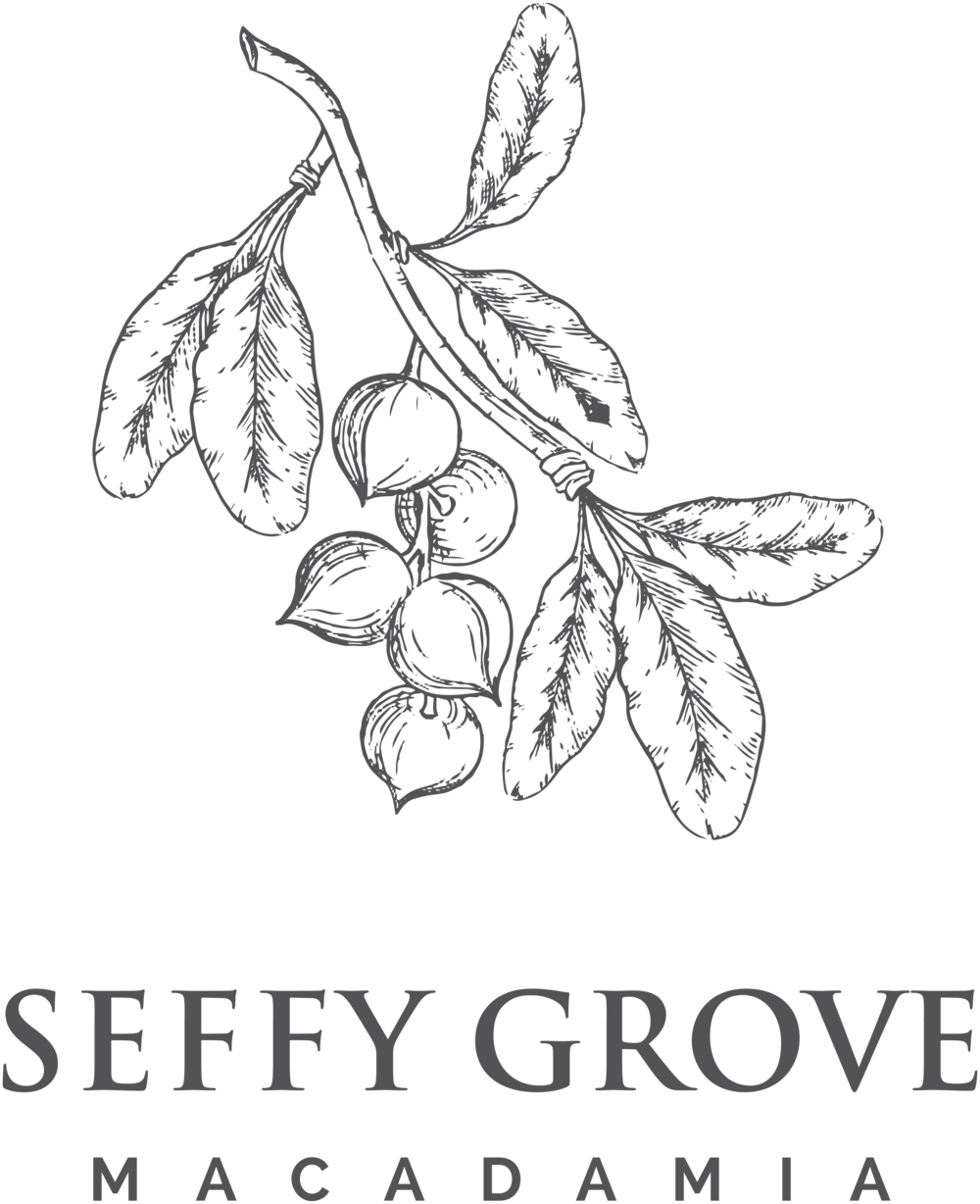Seffy Grove’s integrated pest management isn’t just about protecting crops; it’s about nurturing an ecosystem where every element—from soil microbes to pollinators—plays a vital role in our success and in the health of the land.
Sustainable Farming Practices

Protecting Pollinators
Seffy Grove’s approach to pest control is rooted in sustainable, eco-conscious practices that protect both our crops and the surrounding ecosystem. Our macadamia farm relies on integrated pest management (IPM) techniques, emphasizing proactive pest monitoring, precise application, and environmentally safe treatments.
Using natural products like neem oil, we ensure that pest control aligns with our commitment to protect beneficial insects—including our essential bee population—and maintain ecological balance.
Integrated Pest Management (IPM): Targeted and Responsible Pest Control
Our IPM strategy starts with regular scouting and monitoring of pest levels across the farm. By tracking pest populations and identifying any areas of concern, we can apply treatments only when and where they’re needed, reducing overall chemical use.
Neem oil, a plant-derived pesticide, is applied at calibrated, low-impact amounts that minimize harm to beneficial insects and prevent pesticide runoff into the environment. This targeted approach means that pests are controlled effectively, while bees and other pollinators are kept safe.
Natural Solutions and Environmental Care
Using neem oil not only addresses pest issues but also aligns with our soil health and biodiversity goals.
Neem oil works by disrupting the life cycle of harmful pests like aphids and mites, without affecting the pollinators essential to our macadamia production. Applied with precision, it enhances pest control without compromising soil quality or the health of neighboring flora and fauna.
Protecting Pollinators and Supporting Biodiversity
Our careful use of neem oil, along with continuous pest monitoring, exemplifies Seffy Grove’s dedication to farming that works in harmony with nature. We’re committed to protecting our thriving bee colonies, which are critical to pollination, while fostering a balanced ecosystem on our farm.
This practice is part of our broader holistic approach to sustainable farming—one that prioritizes long-term environmental health, biodiversity, and Good Agricultural Practices (GAP).

